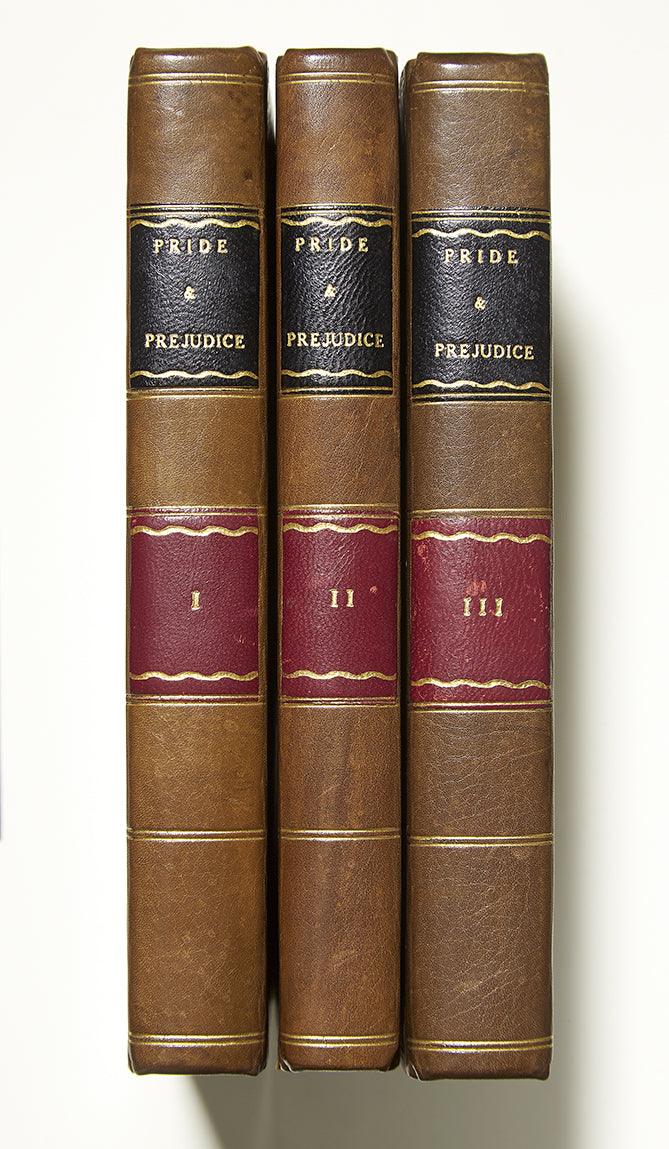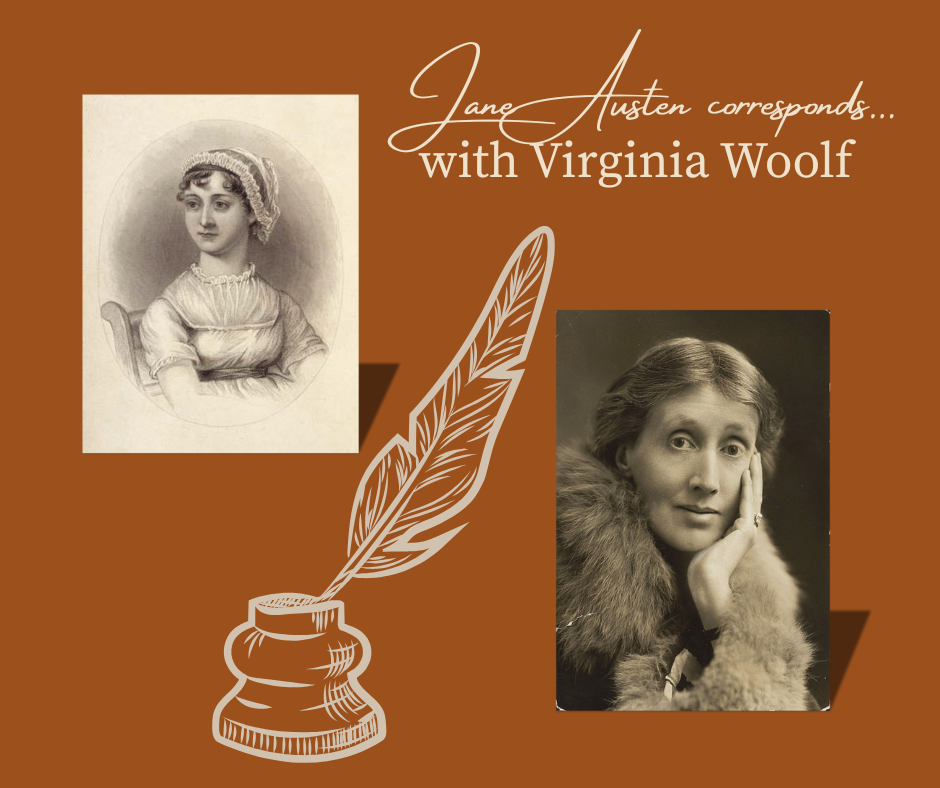Jane Austen corresponds... with Henry James

This blog is the first of a series of three posts imagining Jane Austen writing back to authors who have been inspired by her work. Stay tuned for the next one.
My dearest Henry,
I take this opportunity to write to you, and am much obliged at your being such a friend that I may do so without any reservation, on the topic of your thoughtful notes regarding my very own little contributions to literature. I refer, of course, to the discourse you have obliged me by including in your lecture, ‘The Lesson of Balzac’.
“I am very much flattered by your commendation” in appreciation of what you have generously referred to as the intrinsic merit and interest of my life’s work, for as you know “I write only for Fame, and without any view to pecuniary Emolument” and “I am too vain to wish to convince you that you have praised (me) beyond (my) Merit. However, I must correct you in your estimation of my worth to publishers and the book reading public, that in my humble offerings they “have found their ‘dear’ Jane … so amenable to pretty reproduction in every variety of what is called tasteful.” This praise I can only, with morals intact, accept as your own; although, you have been even kinder in appreciating the somewhat more tangible prospects of my efforts in promoting “what seemingly proves to be (their) saleable form.” For this I can only thank you, as I know how you, my dear Henry, as one of us who has dared expose himself to the mercy of public critique through writing, understands the value beyond the pecuniary, which this confirmation of our merit affords.
Another point, for which I am indebted to you, is your kindly intended reminder of my place as only an “unlearned & uninformed Female who ever dared to be an Authoress.” As you yourself state, opposed to a true master of literary art, I would not counsel any emerging writers to look to the work of your friend for “signal examples of what composition, distribution, arrangement can do” and as you correctly recommend, those who are hopeful of any necessary direction should “go elsewhere.” I am exceedingly grateful to you for your treating me as a true friend and speaking thus candidly, my being as you are aware, forever mindful of the resulting benefits which may be achieved from the expression of a “dramatized consciousness” of events by one’s characters; as, as agreeably acquainted to me by our mutual friend Mr Frank Leavis, are you. I would request however, whilst I have your attention on this matter, to enlist your assistance in critiquing my timid attempts thus far to create something a little in the way of a ‘compositional arrangement’ where my own dear Emma is concerned. Our friend Mr Leavis concurs that my efforts in composing as though one with the consciousness of my beloved heroine Emma, has succeeded in supporting the “essential effects” of this work. Could I only hope to receive the same acknowledgement from your perusal of my humble offering, I would not require or expect you to confirm the comparison ventured by our dear Mr Leavis, which I am certain that you cannot help but have discovered; I refer of course to his comparison between our respective techniques of organization and development within the composition of our novels and note with due humility, the generous suggestion that you Henry, cannot “have failed to note with interest that Emma fulfils, by anticipation, a prescription of (your ) own.”
Despite the serious tone of your dutiful reminders to better the never ending exertions of my art, I flatter myself in the sketch which you have provided of my writing, that your affection for me dear friend is not diminished. How elegantly you illustrate my efforts. My vanity and confidence in your friendship encourages this transcription of your words.
Jane, “with all her light felicity, leaves us hardly more curious of her process, or the experience in herthat fed it, than the brown thrush who tells his story from the garden bough.”
I will stay your attention to my correspondence only a moment longer, as my pen reminds me whilst I copy out your pleasing reflection on my compositions, that I owe a particular duty to write to our dear friend Miss Woolf, who has in turn obliged me with her compliments for the same distinction in my considered depiction of even the commonest of events, as you yourself have dear Henry.
Yours affectionately
J. Austen
Miss Austen
Chawton
Alton
Hants
Niki Lindsay has a deep appreciation for classic literature, especially the works of Jane Austen, which inspired her to study English Literature at university. Continually reading, rewatching adaptations, and listening to her novels serves as her therapy and never fails to entertain her. This deep appreciation, which is amusing to her family, has nevertheless helped her connect with others who share the same enthusiasm and elevated her social interactions.
Footnotes:
1 Henry James, ‘The Lesson of Balzac’ (1905), from ‘Jane Austen, A Collection of Critical Essays’, edited by Ian Watt
2 Jane Austen, ‘Letter to Cassandra Austen’, Thursday 14 - Friday 15th January 1796, from ‘Jane Austen’s Letters’, Fourth Edition, collected and edited by Deidre Le Faye.
3 Jane Austen, ‘Letter to James Stanier Clarke’, Monday 11 December 1815, from ‘Jane Austen’s Letters, Fourth Edition, collected and edited by Deidre Le Faye.
4 Henry James, ‘The Lesson of Balzac’ (1905)
5 ibid.
6 Jane Austen, ‘Letter to James Stanier Clarke’, Monday 11 December 1815, from ‘Jane Austen’s Letters, Fourth Edition, collected and edited by Deidre Le Faye.
7 Henry James, ‘The Lesson of Balzac’
8 F. R. Leavis, ‘The Great Tradition’, from
http://archive.org/stream/greattradition031120mbp/greattradition031120mbp_djvu.txt
9, 10. ibid.
11. Henry James, ‘The Lesson of Balzac’



Leave a comment
This site is protected by hCaptcha and the hCaptcha Privacy Policy and Terms of Service apply.